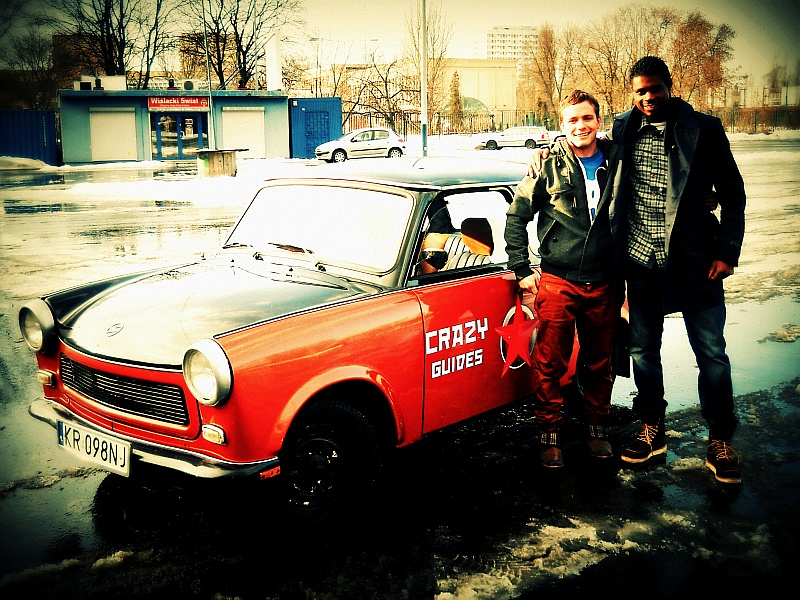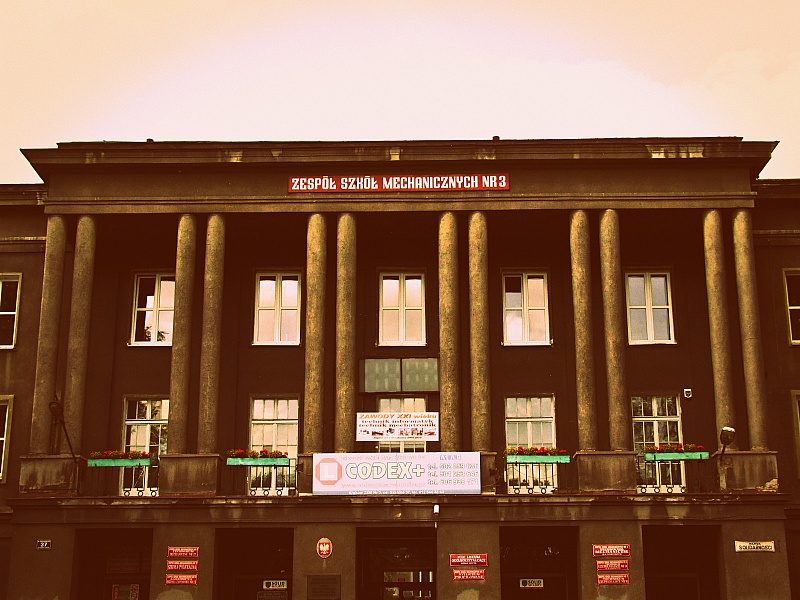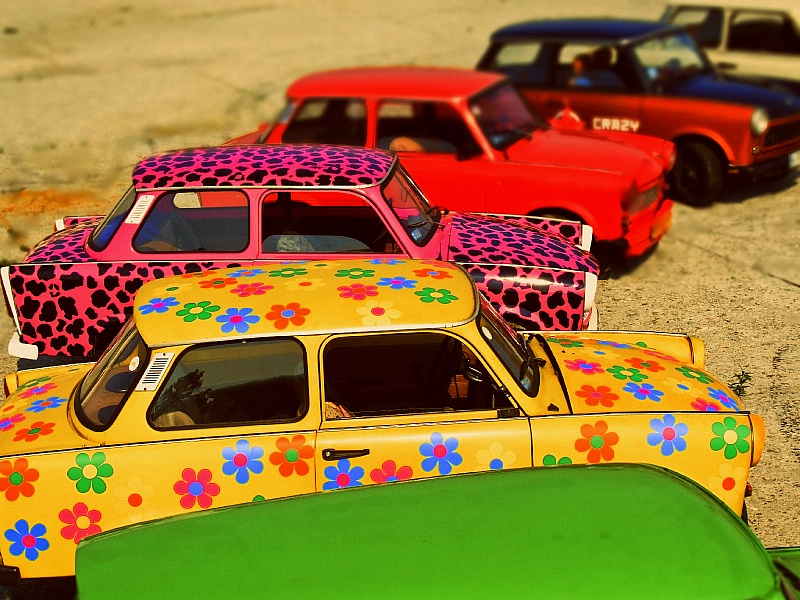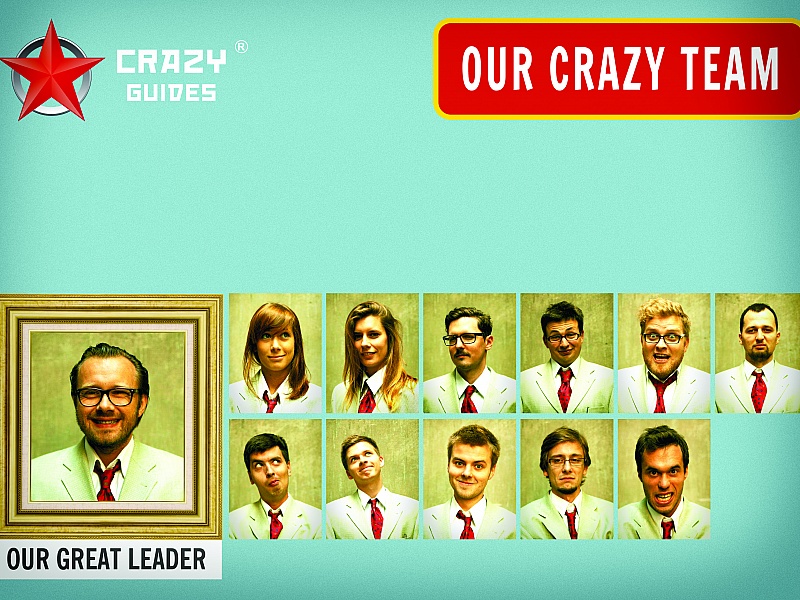#10 Nowa Huta is a district of Krakow, created in the 1950s as a utopian socialist city. After the change of the political system in 1989, the town experienced unemployment, poverty, and socio-economic struggles with a communist heritage weighing on the social cohesion and dividing those inclined to reject and forget the communist past and those willing to value it. Today, with its unique architecture, Nowa Huta is the most populous district in Krakow and is home to 250,000 residents. The current intervention was initiated by a local entrepreneur in 2004. He got the idea of providing historical tours in Nowa Huta generating new tourism experiences from the communist past. He established a local tour agency called “Crazy Guides” aimed at offering alternative tourism experiences. By exploring the local environment, the Crazy Guides narrate ironically everyday life during the communist past, combining education, entertainment and experiences of iconic stereotypes, such as driving an old Trabant (an East German vehicle reminiscent of the communist period), eating cucumbers, drinking vodka or attending a communist disco. Nowadays, the entrepreneurial challenge has 11 employees, mainly young locals who are working as guides. Several small-business owners have been supporting the tourism strategy by adapting their own products to the historical identity of the place and/or providing the same atmosphere of “the old days”. Over time, its success triggered other entrepreneurs that started offering similar products for the city. Anyone interested can easily access the agency’s website (https://www.crazyguides.com/) and read more about the different selections of the available tour programmes, the presentation of the team and the story of the agency, the several testimonials from all over the world with coverage of international media. One of the important resources of this intervention is the distinct human capital of the guides. Their personal involvement and performance give exceptional character to the tours. The overall impact of the intervention is huge. It has managed to create a profitable product and job opportunities for young locals, boosting economic revitalization through tourism. Moreover, the initiative promotes the conservation of cultural heritage and manages to find an appropriate interpretation of a dissonant local heritage that is causing friction and divisions among residents. Cultural tourism interventions based on edutainment (which combines education and entertainment) supported by appropriate storytelling skills and narrative techniques – as demonstrated here – configure a possible solution for the interpretation of discordant and divisive heritage. They might even help to heal profound fractures within a community.






